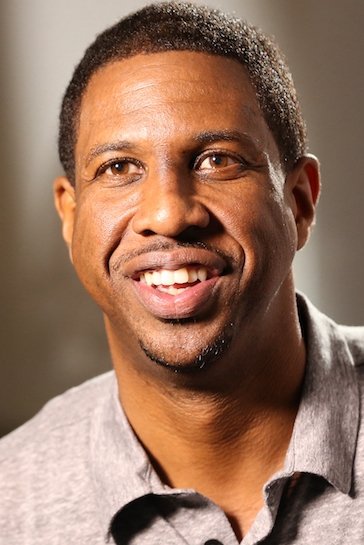
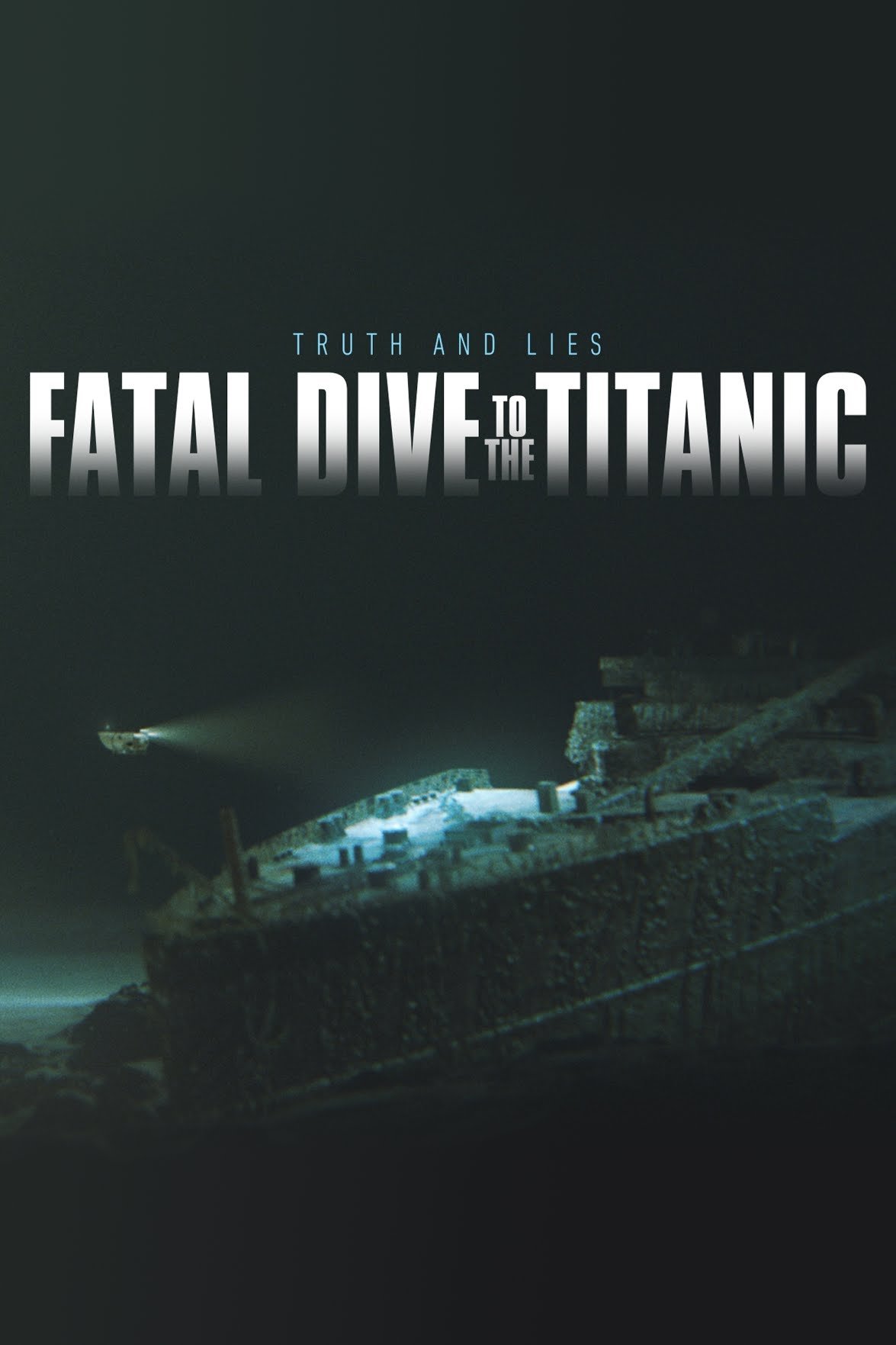
How Stockton Rush's deadly dive to the fabled Titanic wreckage in the Titan submersible became a cautionary tale about the risks of innovation.
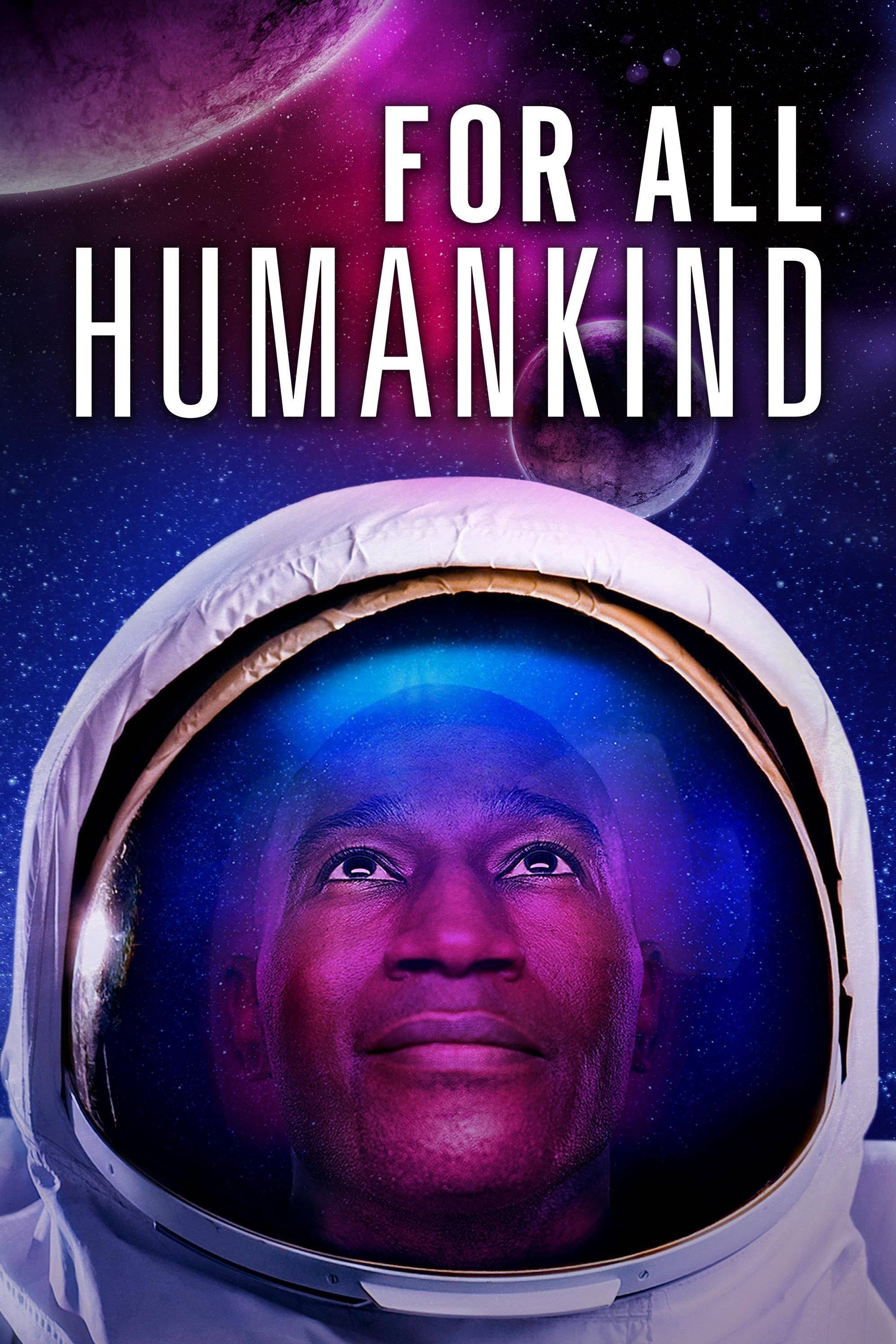
Discover the story of humanity and space exploration as witnessed in the interrelated events of 1968 and 2020.
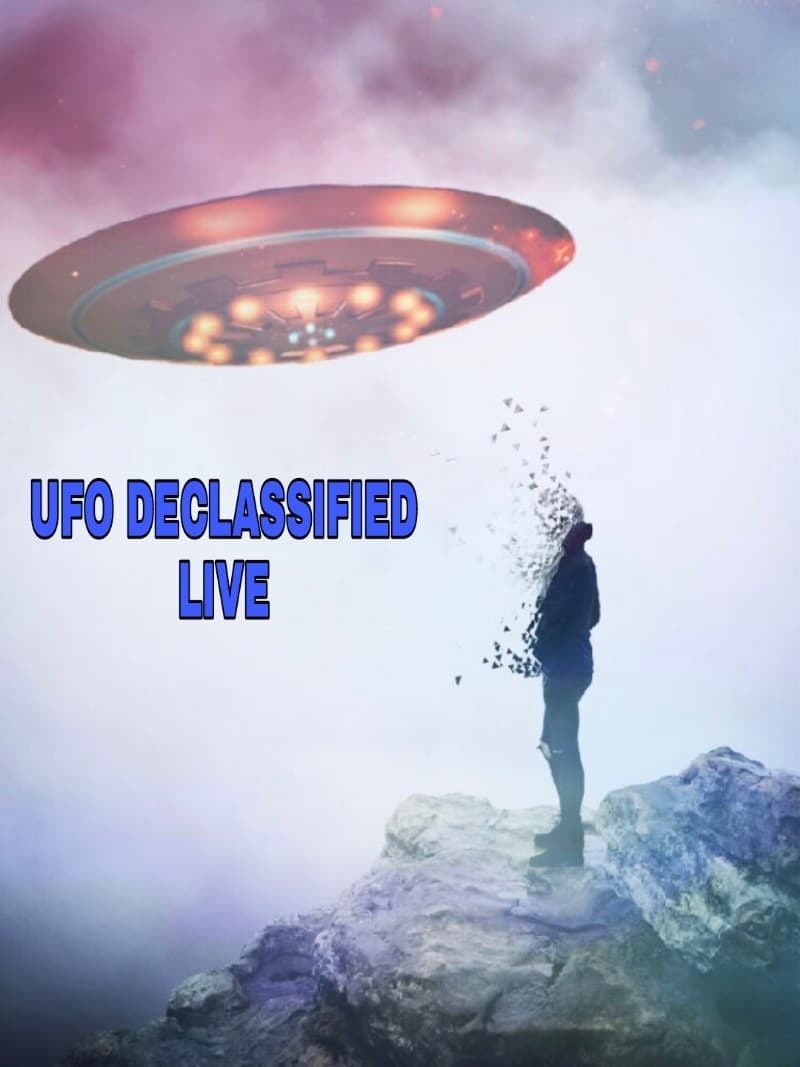
Hosted by Josh Gates, a live panel of experts unpacks and weighs in on the long-awaited Department of Defense and Office of the Director of National Intelligence report about Unidentified Flying Objects, recently released to Congress.

In the early 1900s, Albert Einstein developed an idea - called Relativity - that changed our understanding of reality. It explained how both space and time were flexible - and how the Universe was made of a four-dimensional fabric called space-time. This single idea gave us a new way to understand the force of gravity, explained how the stars were born and introduced us to the concept of the big bang. And, in the hands of Stephen Hawking, it allowed us to understand the most extreme monsters in the Universe - black holes. This two-part BBC documentary explores how two of the most famous scientists of the 20th Century transformed our understanding of the Universe - thus changing the world.
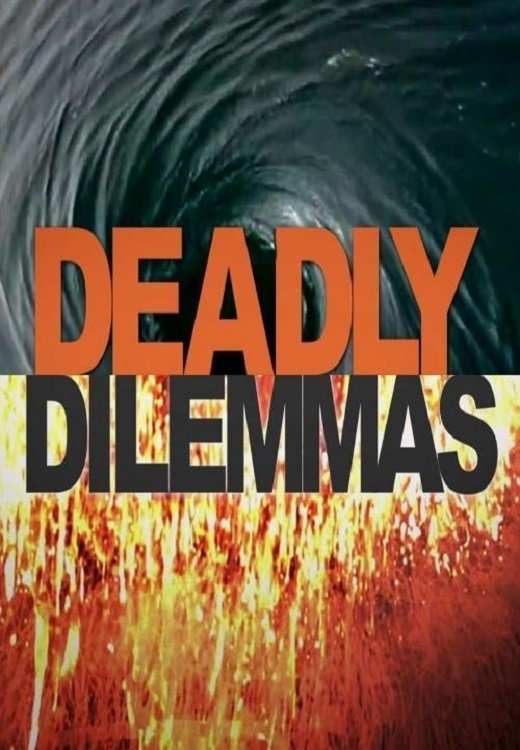
The viewers are faced with survival dilemmas. Each answer is scientifically explained.
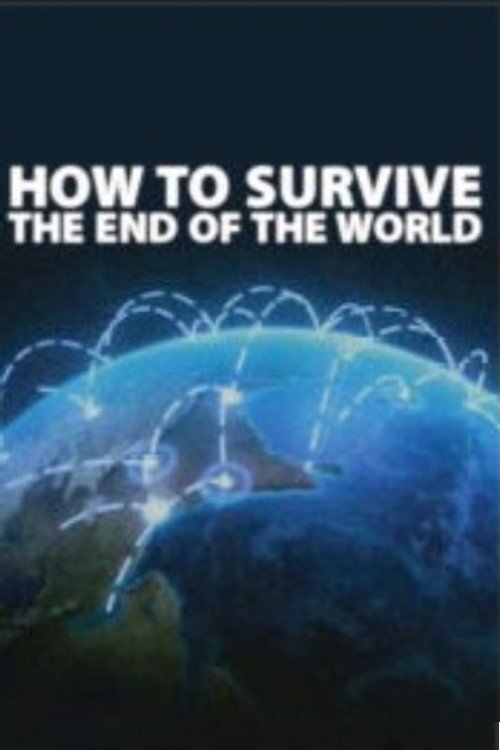
How To Survive the End of the World examines terrifying and scientifically plausible doomsday scenarios by exploring distinct, world-threatening events and the methods by which humanity would fight to survive against grim odds.
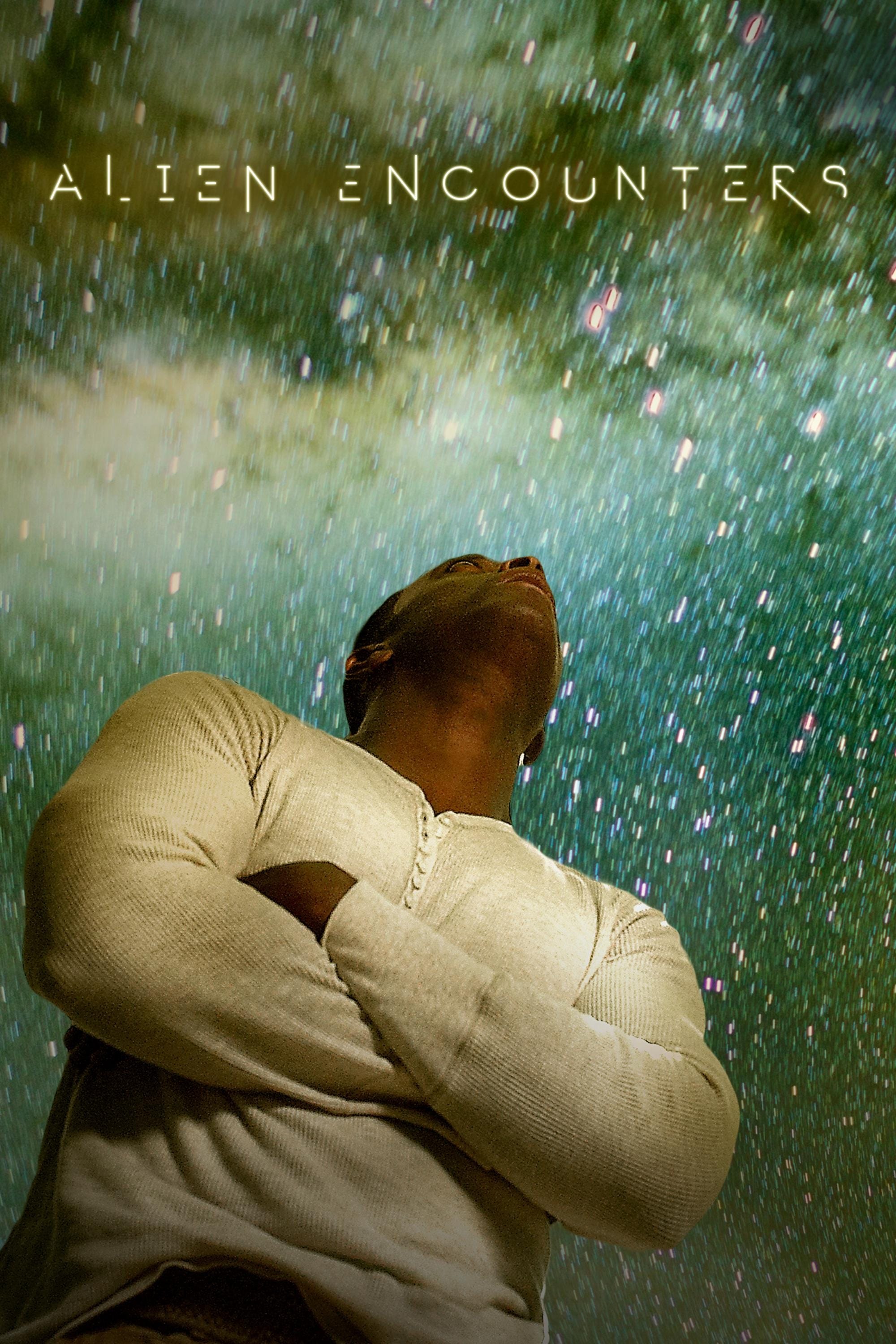
Scientists and sci-fi writers explore a hypothetical first-contact event between aliens and humans.
Astrophysicist, George Mason University
By browsing this website, you accept our cookies policy.